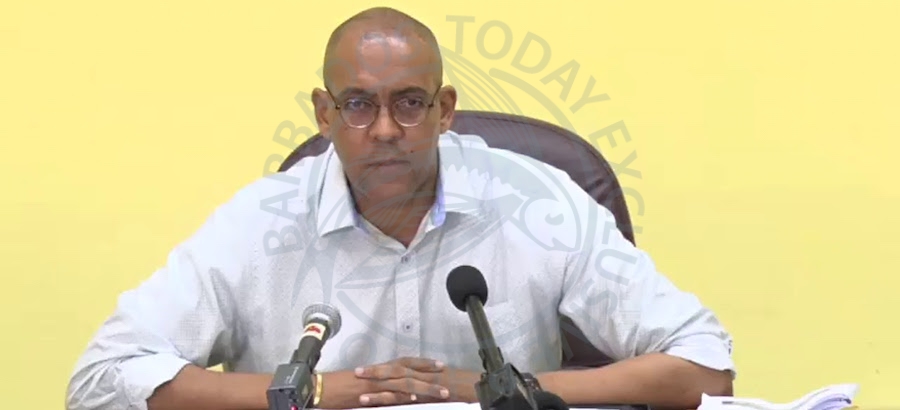The issue of climate change and its impact on the region’s bread and butter tourism industry came under the microscope this week as several ministers of tourism came together to discuss the issue and share best practices.
During the event, which was organized by the Student Guild of the University of the West Indies (UWI), officials shared their experiences while recalling the damage caused to their tourism product as a result of hurricanes.
They pointed to a number of negative impacts on the sector and overall economy as a result of natural disasters including damage to infrastructure and shoreline, closure of hotel properties, increased unemployment, and less income for the country.
Minister of Tourism and Urban Renewal in Dominica Robert Tonge while recalling the damage caused to his country as a result of several hurricanes over the years, said they created very challenging times.
Pointing out that the region could not stop hurricanes, he said what was important was to be prepared for them so that rebuilding could take place quickly.
He advised hoteliers to have plans in place for staff and guests in the event of a disaster, while pointing out that communication was critical.
He also warned of the need for residents to store water and food, adding that it was critical that governments enforced building and zoning codes.
“You have to prepare, but once the storm has come and it is gone, you have to try and get your country back as quickly as possible,” said Tonge.
Barbados’ Minister of Tourism Kerrie Symmonds said he was satisfied the Mia Mottley-led government was taking a holistic approach to the issue of climate change and its impact.
He said he was especially pleased with the plan for financing, adding that coming up with innovative financing options for getting economies back up quickly were absolutely necessary.
He explained that government’s plan was to institute a mechanism that allowed for the suspension of payments on government papers for about two or three years in the event of a catastrophe, so government would have the necessary “fiscal space and elbow room” to dedicate its capital to rebuilding the country.
Symmonds said the banning of single-use plastics and styrofoam was another measure being put in place that would help to protect the environment.
He also pointed to the changes in the Town and Country Planning Act, which he said would allow for new building codes that would protect the coastline, adding that the building of boardwalks were also being used to help defend the island’s coast from erosion while creating a recreational space.
“We have decided at a policy level that there will be a move towards having only renewable energy in Barbados by 2030 and to the extent that we produce any other forms of energy it would be purely for export,” said Symmonds.
He called on the region to collectively identify targets and agree on how to effectively communicate their climate change concerns to the rest of the world.
Meanwhile, Minister of Tourism, International Trade, Industry and Commerce for St Kitts and Nevis Lindsay Grant said given the dependence of the Caribbean on tourism, it was important to ensure countries were able to quickly recover form a natural disaster.
He said there was need for private and public sector collaboration to help in the efforts of rebuilding.
Grant also urged Caribbean leaders to ensure that every future transaction relating to physical development “include safeguard to protect our natural, cultural, social and economic interest and one that links our local producers more meaningfully into the tourism value chain”.
“We must choose our partners wisely and obtain real commitments from investors and developers,” he said, arguing that for too long the region’s cultural and natural resources have been “perilously on the losing side of the equation”.
Minister of Tourism and Economic Development, Investment and Energy in Antigua and Barbuda Charles Fernandez also warned of the potential loss to the sector following a major storm.
Recalling that ports of entry in his country were closed following last year’s devastating hurricanes, Fernandez said this impacted tourism arrivals for many months.
“It impedes the whole aspect of investment,” he said, stating that not getting back up quickly can lead to prolonged unemployment, increased crime and fewer visitors.
He said some of the measures put in place by his government were repositioning of emergency supplies in other territories, a plan for the fast clearing of major roadways, power lines and water catchment areas prior to a storm in order to mitigate against flooding.
He said Antigua also learned that having satellite phones in place would help with communication after a storm. (MM)




